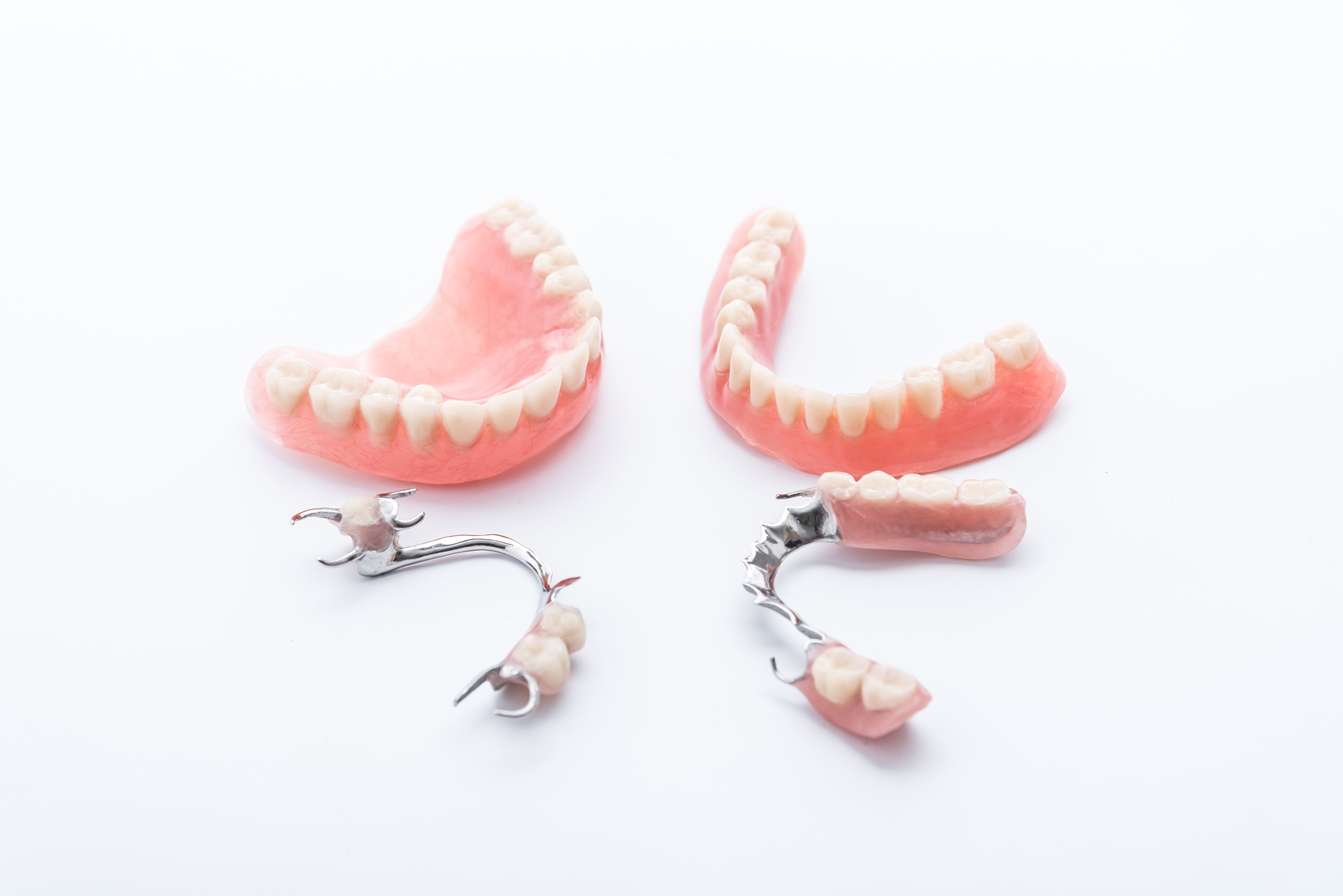Our overall well-being relies upon optimal oral health. But when we lose our natural teeth, it’s hard to maintain a healthy smile. Luckily, general dentistry appliances like dentures become essential for restoring functionality and aesthetics. Two common types of dentures are partial dentures and full dentures, each serving distinct purposes for various dental conditions.
Tooth loss has a sneaky way of causing more and more dental problems if left unaddressed. If you’re living with missing teeth, it’s time to repair your smile and reinstate your oral health. Contact Drs. Halan Tran and Ann Pham at Miracle Dental in Las Vegas, NV, to learn more about your reparative options. Reserve your consultation now at (702) 456-0056.
In today’s post, we explore the differences between partial dentures and full dentures. Knowing the differences between the two appliances can help you make an informed decision best suited for your needs.
Partial Dentures: A Customized Solution
Partial dentures are perhaps the best solution for individuals who have lost some, but not all, of their natural teeth. These appliances consist of a metal or acrylic framework that supports replacement teeth, fitting seamlessly into the gaps left by missing teeth.
Because partial dentures are removable, they rely on neighboring teeth to keep them anchored in the mouth. Usually, simple clasps or precision attachments are enough to ensure a secure and comfortable fit.
Benefits
One significant advantage of partial dentures is their versatility. Patients can use them to replace a single tooth or multiple teeth in different areas of the mouth.
Additionally, partial dentures help prevent the remaining natural teeth from shifting. This helps prevent dental misalignments and loose teeth over time.
Cost
The cost of partial dentures varies based on many things. However, the primary factors that influence the price of these appliances include:
- The materials used
- The complexity of the design
- The number of teeth being replaced
On average, partial dentures can range from a few hundred to over a thousand dollars.
Life Expectancy
The lifespan of partial dentures largely depends on the wearer’s oral care habits. With proper upkeep and regular check-ups, partial dentures can last anywhere from five to ten years.
Full Dentures: Complete Restoration
On the other hand, dentists design full dentures for individuals who have lost all of their natural teeth in the lower jaw, upper jaw, or both. These dentures contain of a full set of artificial teeth securely mounted on an acrylic base that mimics the appearance of the gums.
While partial dentures rely upon clasps and precision attachments for support, full dentures are typically held in place by suction, dental adhesives, or implant support for added stability.
Benefits
Patients who have experienced total tooth loss can benefit from full dentures. These appliances provide a comprehensive solution for restoring oral function and aesthetics.
Cost
The cost of full dentures varies depending on:
- The materials used
- The need for additional procedures like extractions or bone grafting
- The type of denture selected
On average, full dentures can cost several hundred to a couple of thousand dollars.
Life Expectancy
The lifespan of full dentures is similar to that of partial dentures, ranging from five to ten years with proper care. Regular dental check-ups are essential to monitor the fit of the dentures and address any changes in the oral cavity that may impact their effectiveness.
Learn More About Full and Partial Dentures at Miracle Dental
Consulting with a dentist is crucial to determine the most suitable option based on your individual needs. Schedule a consultation at Miracle Dental in Las Vegas, NV, online or call our friendly team at (702) 456-0056.


